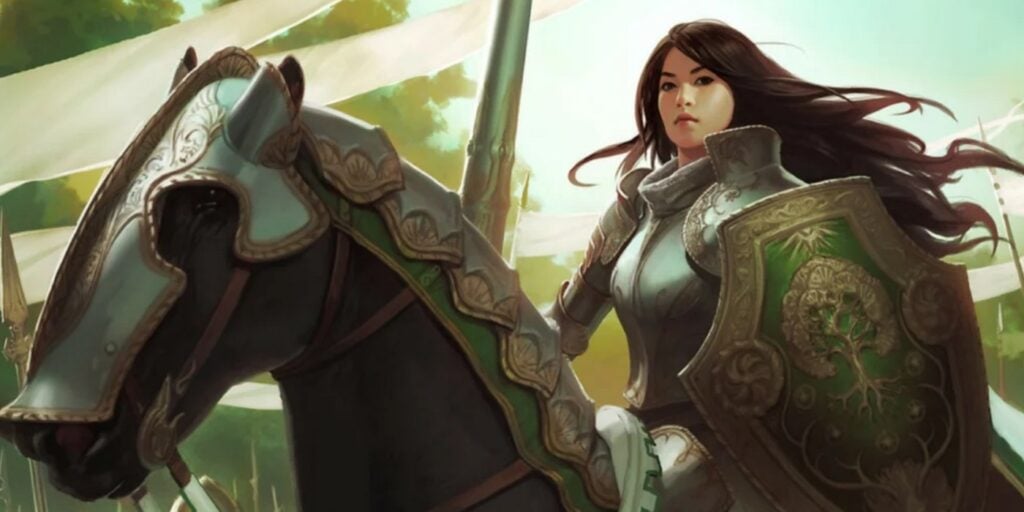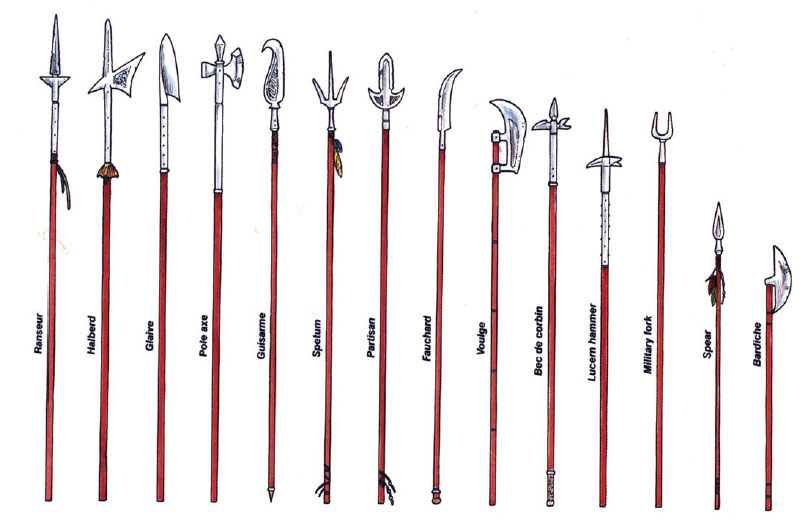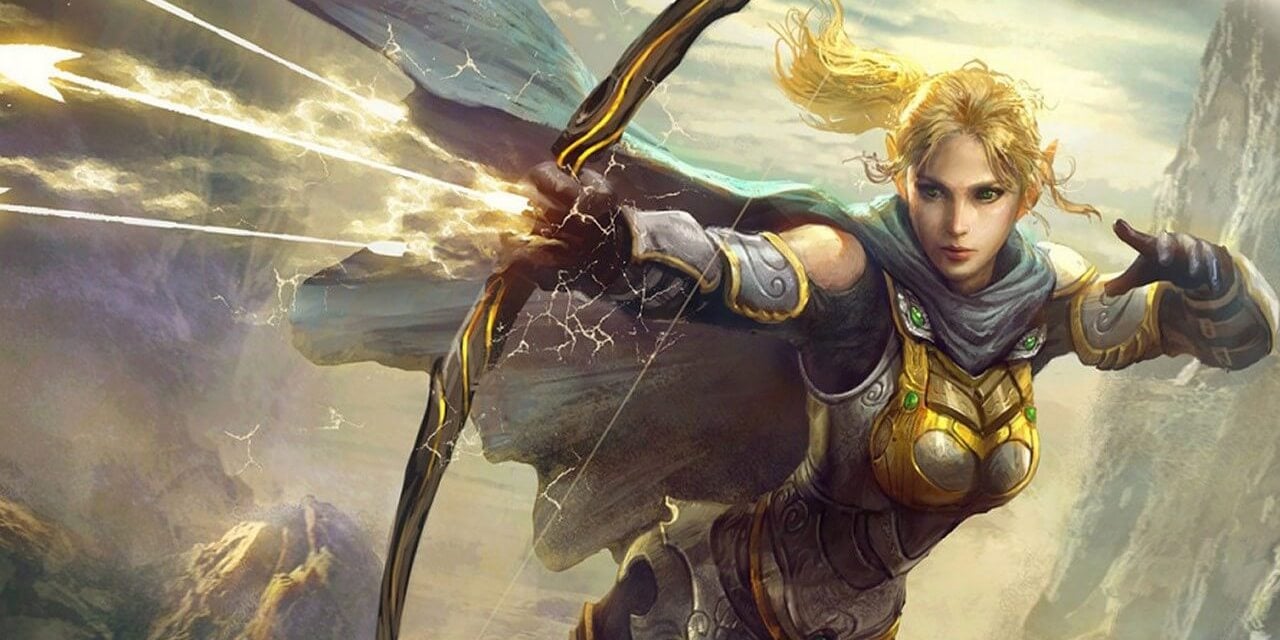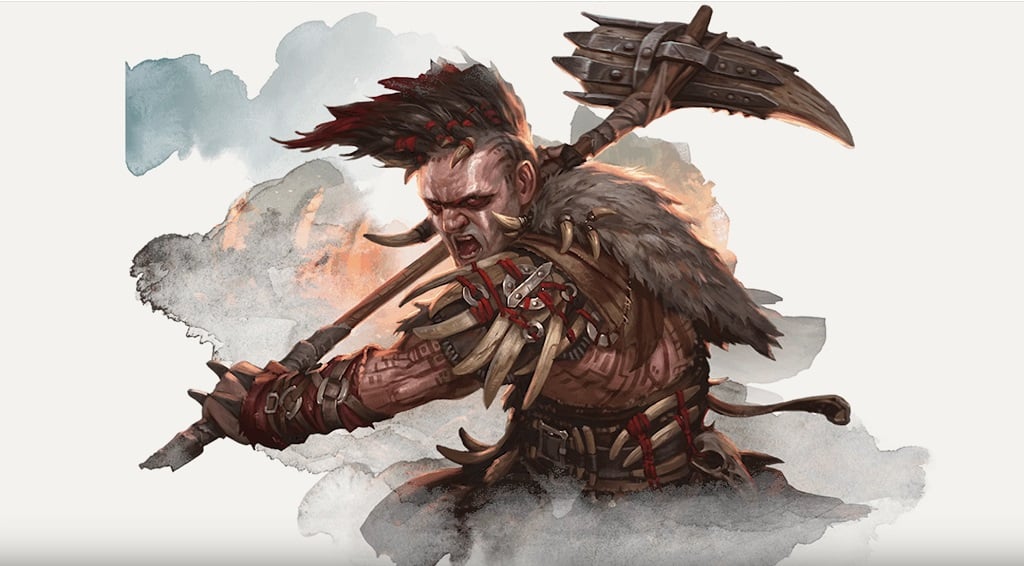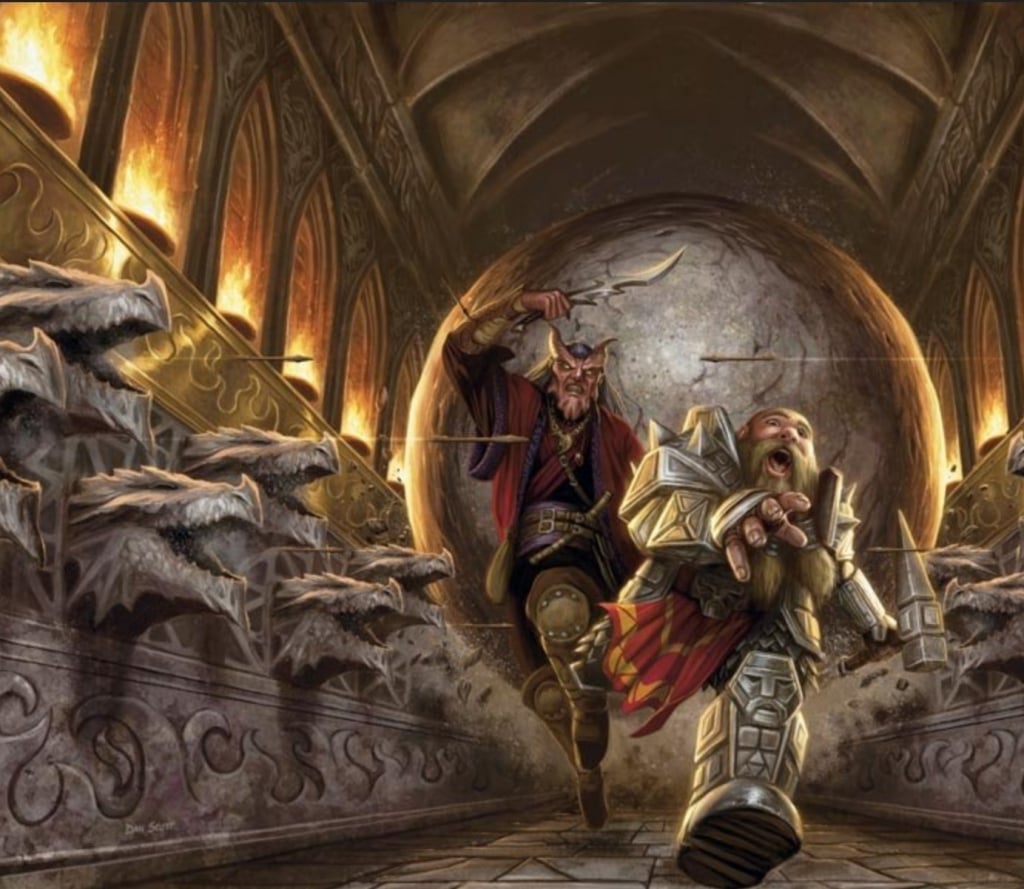The Five Best Feats in D&D
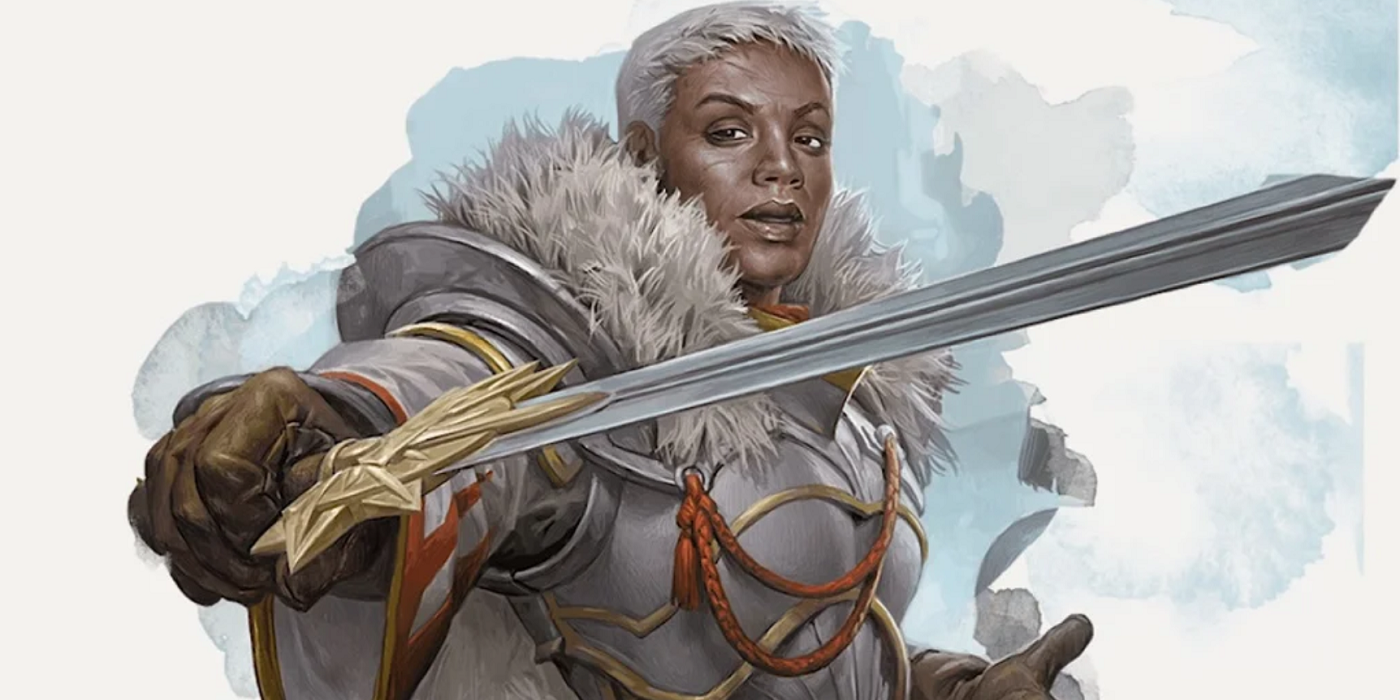
Feats are the most important optional rule in D&D. And when it all comes down to it, these are the five best feats in D&D.
With the release of the One D&D playtest, it looks like feats are moving away from the “optional rule” status they currently enjoy. That’s right. Just like multiclassing, the ability to take a feat in place of an Ability Score Increase is technically an optional rule. But most everyone plays with them anyway, because feats are cool.
They change the way your character plays. DnD Feats can give you more damage, and new choices for your actions and reactions. There are an awful lot of them, but a few keep rising to the top. These are the best feats in D&D
Sentinel
Sentinel makes the list because it changes the way your character plays. With this feat, all of a sudden attacks of opportunity become much more serious business.
For one, when you hit a creature with an opportunity attack, its speed becomes 0. So they can’t move past where they were when they provoked the attack. On top of that, you can always make an opportunity attack, even if your target uses the Disengage option.
And finally, you can make an attack as a reaction when a creature attacks a target other than you.
Which means you can really defend your friends. Taking this feat transforms a character, making them able to lock enemies down on the battlefield. It’s great for Fighters, Paladins, Barbarians, and anyone on the frontline. But even squishier classes like Rogues benefit from the abilities of this feat.
Polearm Mastery
Polearm Mastery is a perfect complement to the Sentinel feat. It gives your character the ability to make an opportunity attack when characters enter your reach. Which, with the right polearm, could be as far as 10 ft out from you.
Plus this gives you an extra attack you can make as a bonus action, which is nice. But bonus actions are frequently hot commodities, so the odds are you might have something you’re already doing with that bonus action. But if you don’t, making an attack for no cost is a great way to pile on the damage.
Sharpshooter
Sharpshooter is an infamous feat in 5th Edition. It powers up characters who use ranged weapons like bows or crossbows significantly. It does this by letting you ignore most of the penalties ranged attacks face—no more disadvantage for attacking at long range, meaning with a longbow you can shoot someone accurately out to 600 ft away. And no more penalties for enemies being in cover either. If you can see ’em, you can hit ’em.
But the real big add-on here is that Sharpshooter lets you take a -5 to hit in exchange for +10 damage on an attack. The Archery fighting style (which most ranged characters can pick up pretty easily) gives you a +2 to hit, so that’s already +10 damage for only an effective -3. As soon as you start making more than one attack, the damage adds up quickly.
Great Weapon Master
The melee counterpart to Sharpshooter, Great Weapon Master makes characters do even better in melee. Like Sharpshooter, this feat grants you a -5 to hit +10 damage trade-off. Which is by itself reason enough to pick up the feat.
But, on top of that, when you crit or when you reduce a creature to 0 hit points with a melee weapon, you can then also make a weapon attack as a bonus action. This is just nice to have, though as with Polearm Mastery, you might already have things you’re doing with your bonus action.
Lucky
Finally, one of the single best feats for any character in D&D: Lucky. Lucky gives you three Luck Points that you can use on any attack roll, ability check, or saving throw (or d20 test in the new D&D).
Spend a luck point to roll an extra d20, then choose which d20 you want to keep. Which turns almost any roll into functionally having Advantage. But Lucky interacts even better with rolls upon which you have Disadvantage or Advantage, turning them into the best of 3 d20 rolls.
Because you don’t have to take the highest or the lowest, Lucky lets you choose which d20 result to take. With this feat, disadvantage becomes super advantage. And every character can enjoy that.
What are your picks for best feats in D&D?

